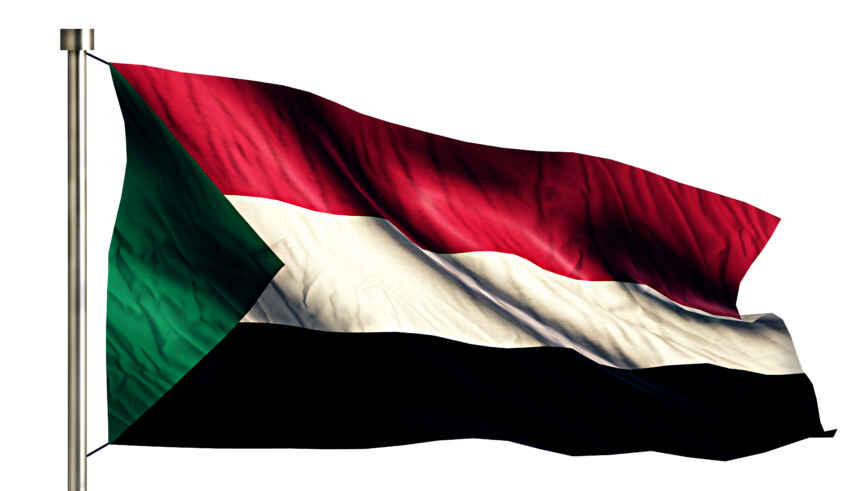
The summer of 2023 witnessed two additional coup d’états, in Niger and Gabon, the latest in a wave across West Africa in recent years. A perceivable trend is that these coup d’états have occurred in former French colonies, with a coup d’état in Mali in 2021 and in Burkina Faso in 2022. While respective reasons underlie these coups, there is a common disappointment and lack of trust in the government in particular in regard to the security and economic fronts. The security dimension in particular has an impact on Niger’s relationship with France and the West more generally and now it seems to be pivoting towards Russia instead for defence cooperation. The security relationship between France and Niger is extensive and France has held a military presence in the country since the islamic insurgency in 2011. However, the long-standing presence of France in the Sahel region and the lack of decline in insurgency attacks has increased scepticism and stirred anti-French sentiment, partly grounded in the rejection of colonial patronisation. The anti-French sentiment also comes from the desire for change, present especially in the younger generation and the idea that holding on to the relationship with France is curbing progress. Such sentiments make their way further up to the surface as they echo in neighbouring countries. Since the coup in July 2023, the relationship between France and Niger has been shaky, as France does not recognise the military junta which has taken power and it decided to remove its diplomatic and military presence. Several months later, Niger is perceived to be edging closer ties with Russia and discussing military cooperation. How are Niger’s relations with the West developing? What can we expect from a stronger Russian presence in the region? And what impact will it have on the conflict in the Sahel?
Following the July coup, France refused to recognize the legitimacy of the military junta and refused to withdraw its military and diplomatic presence. One month later however, France agreed to do so. This initial hard stance by France to refuse to engage with the newly installed government may have harmed it by closing the communication channels too early. This could have further contributed to the sentiment that France makes decisions for Niger, instead of collaborating with them. France has been a steady security presence in the region for over a decade and the withdrawal of its troops will undoubtedly be felt, from a security perspective.
The closed communication channels are also perceived by the decision to impose sanctions on the military junta, including by the Economic Community of West African States and the European Union. The sanctions which aim to restore the constitutional order have so far had adverse effects as the military junta has adopted an uncompromising stance. The tainted collaboration with the West on security matters will have an effect on the security in the Sahel and the countering of terrorism and Islamic insurgency. However, as the military junta, led by General Adbourahamene Tchiani turns to Russian Wagner group, the security gap left by the severance of ties with the West, could be filled.
Indeed, as Tchiani recently crossed military agreements Niger held with the European Union, discussions were held with Russia on the possibility of increasing Wagner presence in Niger and further military cooperation. Indeed, the military junta were quick to turn to Wagner following the coup, aware of their security needs, a move which was welcomed by certain Nigeriens who desire for Niger to detach itself from the West. Indeed, the paramilitary group has capitalised on anti-Western sentiments to advance its influence and Russia’s presence on the continent.
The increased presence of the paramilitary group, although welcomed by some, can have several adverse consequences in Niger and subsequently in the region. Firstly, it could create legitimacy around an unelected and undemocratic military government, which can harm the population of Niger. Secondly, the Russian mercenaries have been accused of gross human rights violations in neighbouring Mali alongside the Malian forces in fighting Islamic insurgencies in the country, Niger is at a risk of experiencing similar violations, especially under an undemocratic government.
Conclusion
The Sahel region remains unstable and with the rapid political changes occuring, security and stability remain a slim prospect. Cooperation with the EU and France seem unlikely at the moment, but have the potential to resume if economic needs of Niger supersede their reluctance to maintain close ties with the West. On the other hand, further cooperation with the Wagner group is not without risk and an increased presence of the paramilitary group could lead to problems of its own. Indeed a desire of Niger and other West African countries to distance themselves from former colonial countries and Western influence more generally should not automatically equate to a closer relationship with Russia. Niger’s political situaton and security in the Sahel remains uncertain, but the waves of coups is certainly a turning point in how France and the West rethink their relationship with the African continent.
By The European Institute for International Law and International Relations















